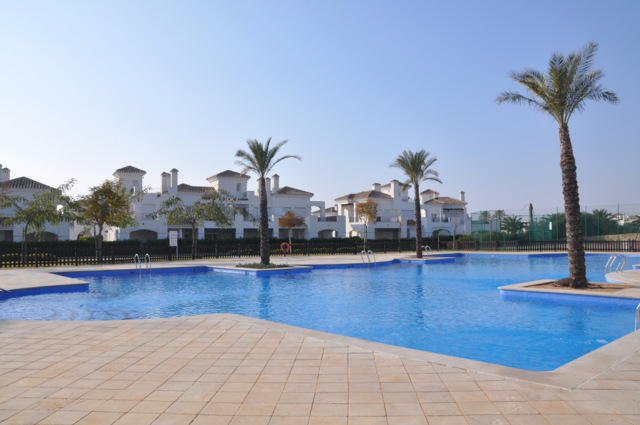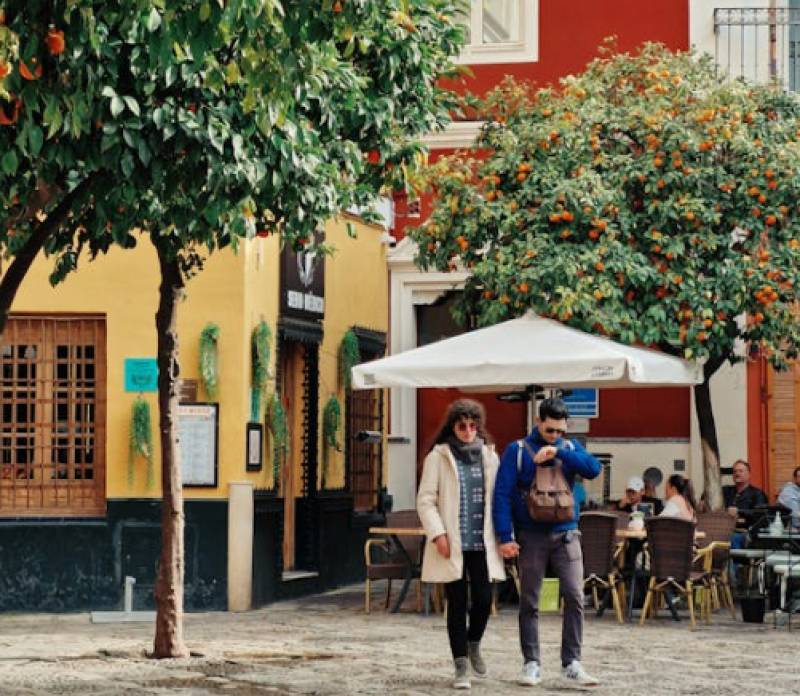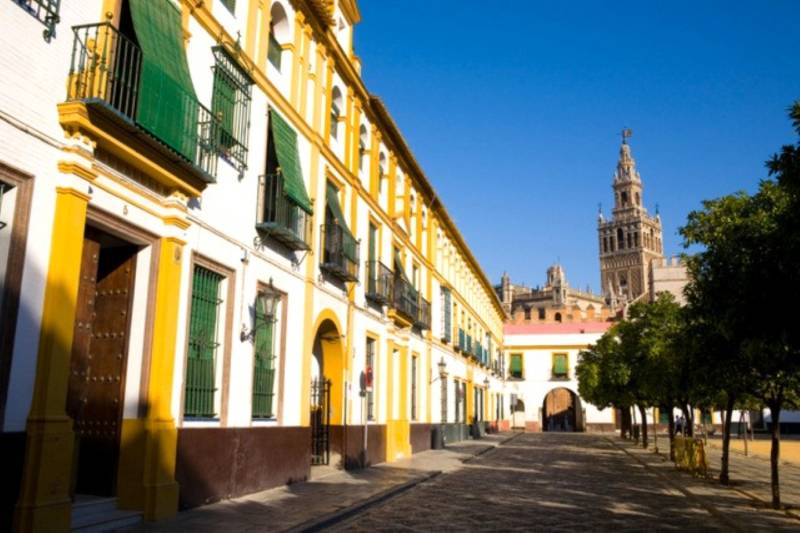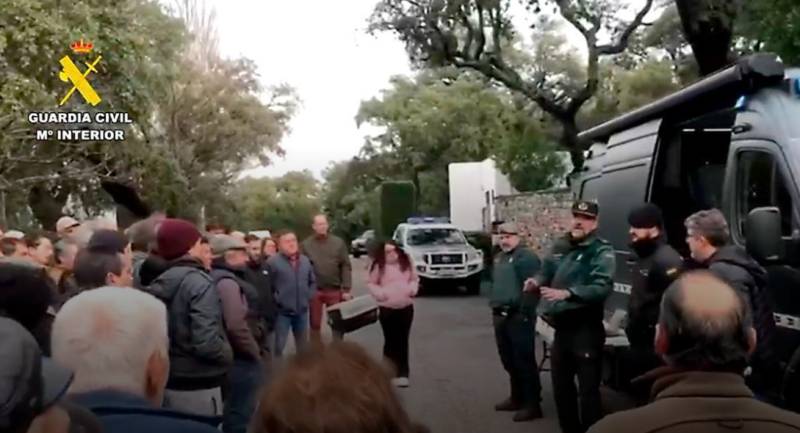
To be listed on the CAMPOSOL TODAY MAP please call +34 968 018 268.
What is a Community of Owners, Comunidad de propietarios
Spanish News Today Factsheets (Property)
 Property: 2: Community of Owners
Property: 2: Community of Owners
Click for: Full list of factsheets, Click Full list of factsheets
Community of Owners - FACTSHEET
What is a community?
For certain types of property in Spain, the law requires that the owners form a ‘community’ (a comunidad de propietarios) to ensure the safe upkeep and good maintenance of the property for the benefit of all residents.
Common types of property that require the formation of a community are urbanisations, apartment blocks, and terraced/row houses with shared plots, walls and /or roofs. The purpose the community is to take responsibility for the common element enjoyed by all owners and residents.
Membership is not voluntary – all owners of property in a community are members and must pay the agreed community fees (see below for more detail) although the level of involvement in community matters is up to the individual owner.
When does a community come into effect?
New buildings are generally the responsibility of the developer or builder until the purchasers start to take possesion of the properties. At that point, the community of owners formally takes over the responsibility for the communal properties and areas.
When buying a property, your lawyer should advise you of the existence of the community and advise on how it is run.
The law
The law governing the running of communities of owners is the Ley de Propiedad Horizontal from 1960 (updated in 1999). Originally intended only for blocks of apartments, over time it has been extended to other types of development; notably the large urbanisations common on the Costas.
Full details of the law (available in various languages) can be obtained from the Foundation Institute Of Foreign Property Owners (known in Spanish as the Fundación Instituto de Propietarios Extranjeros or FIPE).
The running of the community
The key decision-making body or event of a community is the General Meeting. At least one such meeting is held every year (the Annual General Meeting or AGM) but extraordinary meetings can be convened when a need arises.
At the AGM, the community elects a president who must be one of the owners. The president holds wide powers and represents the community between general meetings. Other roles include: secretary, administrator and treasurer. The administrator does not need to own a community property and often that role is filled by a professional gestoria.
Strict rules exist about voting at general meetings, giving notice of meetings, decisions and minutes of meetings and the rights of those who do not or are unable to attend a general meeting.
Community Rules
A community may choose to agree and adopt a set of rules governing behaviours within the community. Rules may be about noise levels, colour of buildings, conduct around a communal swimming pool, etc. It perhaps goes without saying that these rules cannot contravene Spanish law, only add to it.
Community rules (and any changes to them) are agreed by vote at a general meeting.
Community Fees
In order to do its work, the community needs money and usually all community members are required to pay community fees – they may be paid monthly, quarterly or biannually and are often deducted from a bank account via direct debit or standing order.
Community fees go towards such items as:
• Lighting for public buildings and streets
• Cleaning and sweeping of streets, pavements and stairwells
• Maintenance and painting of building exteriors and communal areas
• Lift maintenance
• Community personnel such as security guard or caretaker
• Security monitors and/or gates/doors
• Maintenance of common areas such as roofs, gardens, etc.
• Legal costs including insurance
• Official translating costs
• Printing
• TV Aerials (If communal)
• Private water supply (If the community does not have municipal water)
The community has a legal right to collect the fees and non-payment of community fees will normally result in a ‘naming and shaming’ via a list of owners in arrears sent to all community members. Continued non-payment can (and often does) result in legal action taken by the community. Ultimately, via the courts, non-paying members may even have their property seized and auctioned.
Community fees will be in addition to whatever taxes (such as the Impuesto de Bienes Inmuebles or IBI) that you pay to the local town hall for municipal sewerage, refuse collection, street lighting, etc.
Community Language
At one point, all community business was naturally conducted in Spanish. However, given the large number of British and other extranjeros who have purchased property in Spain over the years, the law has been amended. A community may take a vote on which language should be used for community business.
Depending on the balance of languages in a community, it is not uncommon to find general meetings, minutes, notices, etc. conducted and produced in English.
For other info to help you deal with common issues in Spain go to the index of Ex-pat fact sheets



























